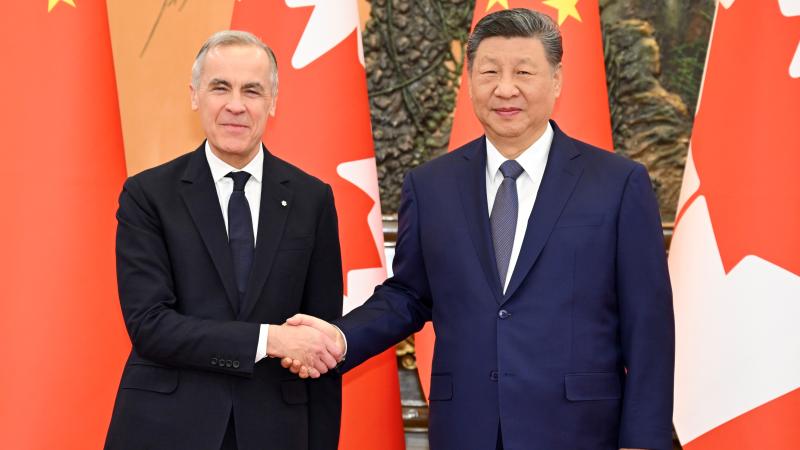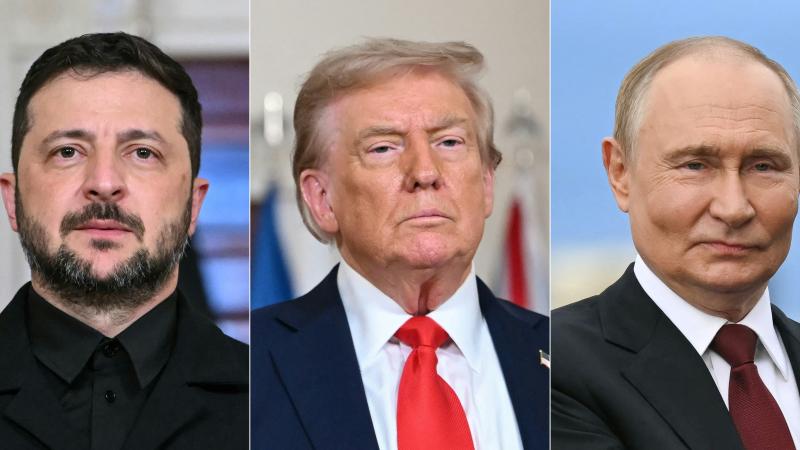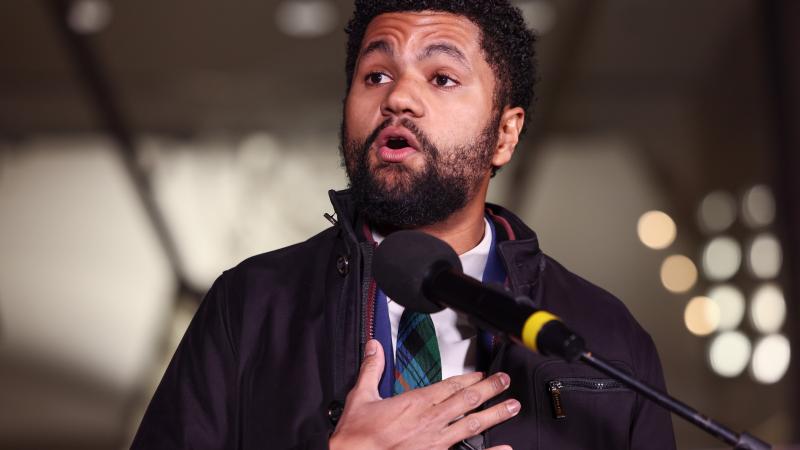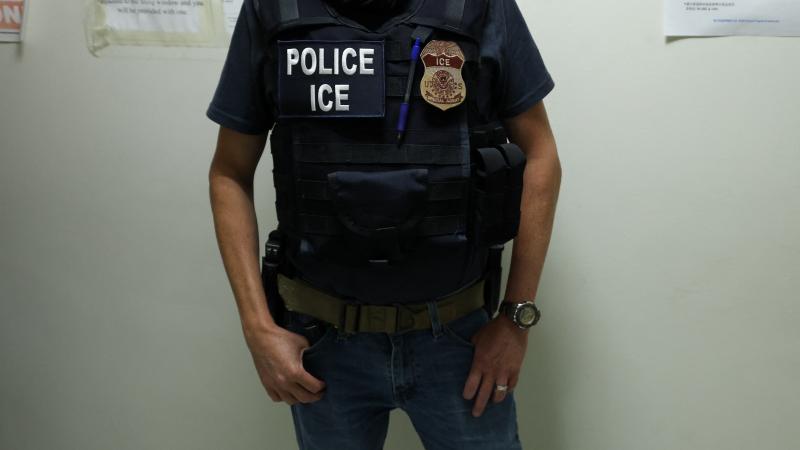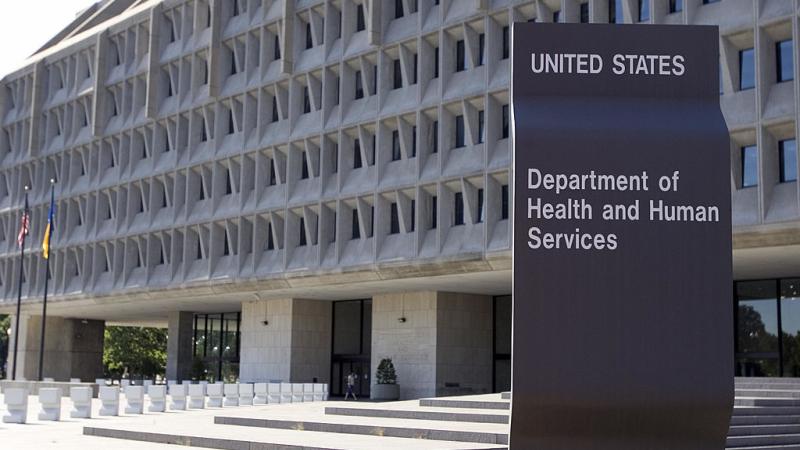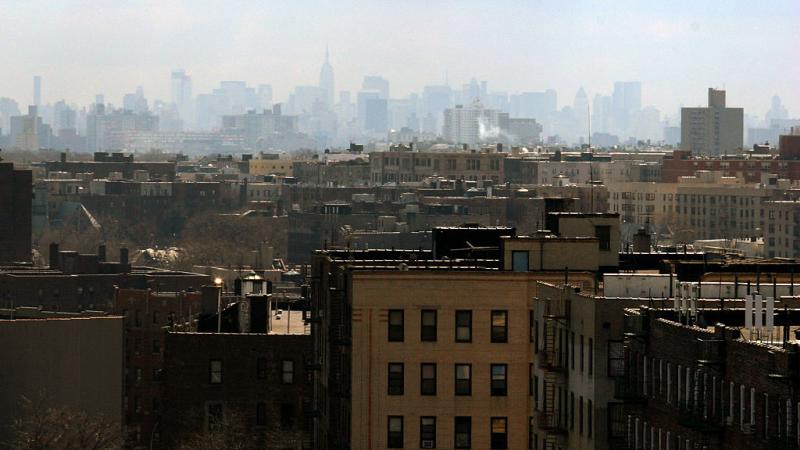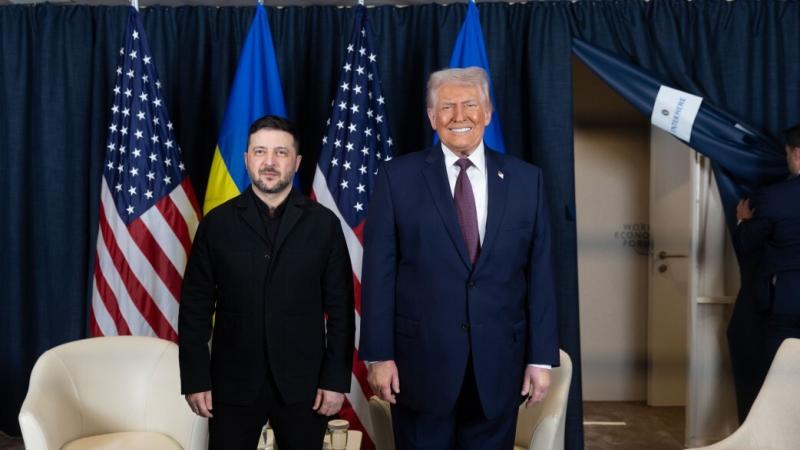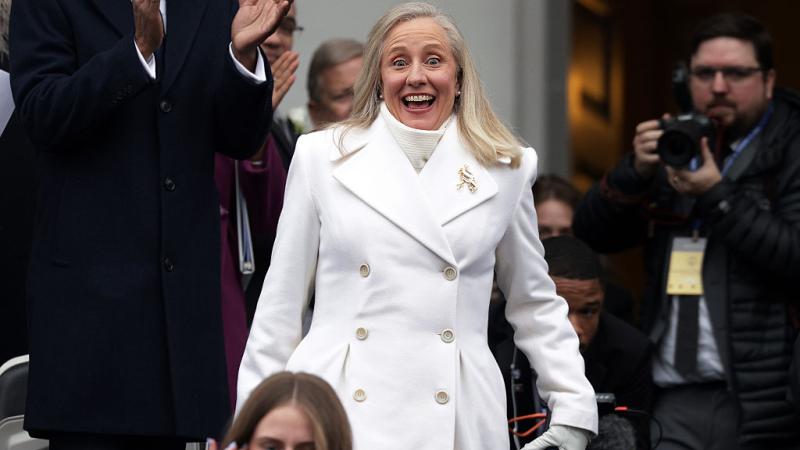Qatar’s journey from pariah to partner capped with new security guarantees from Trump
The guarantees may be a signal to Hamas leaders that they have a safe haven from Israel after disarming and vacating Gaza, if they accept the president’s peace deal. Will a promise from Hamas to disarm prevent a re-takeover of Gaza?
The day before announcing a major peace proposal for the war in Gaza, President Donald Trump extended unprecedented security guarantees to Qatar, marking a new high point in the redemption arc for the gulf monarchy which was once a pariah during the president's first term.
The executive order, which the president signed on Tuesday, commits the United States to “regard any armed attack on the territory, sovereignty, or critical infrastructure of the State of Qatar as a threat” to its own peace and security.
“In the event of such an attack, the United States shall take all lawful and appropriate measures — including diplomatic, economic, and, if necessary, military — to defend the interests of the United States and of the State of Qatar and to restore peace and stability,” the order reads.
Qatar has become a key intermediary in the region
These clauses extend similar security guarantees enjoyed by America’s closest NATO allies to a government which less than a decade ago found itself in the president’s crosshairs during his first term, a remarkable reversal of fortunes for the gulf monarchy that has walked a tightrope between Islamists, Iran, and the United States for years.
In recent months, however, Qatar has become a key intermediary for the United States negotiating for hostage releases and ceasefires. Qatar is also home to the largest American military base in the region, which came under attack from Iran after Trump ordered military strikes on that country’s nuclear program.
The country has come a long way in improving its international and regional standing since 2017, when Saudi Arabia, the United Arab Emirates, Bahrain and Egypt joined together in 2017 to implement a diplomatic and economic blockade for its funding of groups those countries considered terrorist organizations, including Hamas and an Al-Qaeda-linked group in Syria. That blockade was not lifted until 2021, on the eve of Joe Biden’s inauguration.
President Trump announced a 20-point plan for peace on Tuesday in the ongoing war between Israel and the Palestinian terrorist group Hamas that has raged for nearly two years. The plan, if agreed to by both parties, would see Hamas disarmed and dislodged from Gaza in exchange for amnesty and a global coalition dedicated to rebuilding the strip.
The guarantees for Qatar, experts say, may be geared toward showing Hamas that they have a safe haven to retreat outside of Israel’s grasp if they agree to the peace deal and disarm.
Hamas required to disarm in exchange for amnesty
Israeli Prime Minister Benjamin has agreed to the plan, which would require the withdrawal of Israeli forces from the strip in exchange for and the release of all remaining hostages by Hamas, which took them during its brutal cross-border terrorist attack in the south of Israel on Oct. 7, 2023, sparking the conflict. Israel would also release several hundred Palestinian prisoners.
After the exchanges are completed, Hamas would be required to disarm in exchange for amnesty. A coalition of Arab states and the United States would then oversee a transitional government in Gaza to set the framework for rebuilding, de-radicalization, and eventual political independence, the 20-point plan shows.
Most importantly, the deal is also backed by a coalition of Arab states likely able to exert pressure on Hamas to take the deal and finally end years of conflict. Among them is Qatar, which has served as a key Middle Eastern intermediary between the United States and Hamas during negotiations.
But, Qatar’s cooperation was not guaranteed. Israel conducted a surprise solo attack on Hamas leadership in Qatar in early September, outraging Doha. Qatar and its regional partners accused Israel of violating Qatari sovereignty and not negotiating in good faith to end the conflict. Qatar’s Prime Minister Mohammed bin Abdulrahman bin Jassim Al Thani warned fellow Arab states at a meeting last month about his take on Israel’s vision for the region and called the assault on his country “blatant, treacherous, and cowardly.” He also bluntly called the strike a “terrorist act.”
But by late September, President Trump had successfully brokered a metaphorical ceasefire between Qatar and Israel–an essential component to securing any real ceasefire between Hamas and Israel.
On Monday the president held a call with Netanyahu and Al Thani to bring the two closer together after the strike. A White House press release stated that Netanyahu "expressed his deep regret" for an Israeli strike on Hamas leadership in Qatar that resulted in the death of a Qatari serviceman.
The meeting and the security guarantees, which the president secretly signed ahead of the meeting, paved the way for Qatar to jump on board with Trump’s plan to end the conflict.
Al Thani and the head of Egypt’s intelligence agency reportedly met with the surviving Hamas leadership in Doha while Netanyahu was in Washington and urged them to accept the deal. He told Al Jazeera–Qatar’s state-funded news service–that he hopes “everyone looks at the plan constructively and seizes the chance to end the war.” Though, he noted that some details will need “clarification.”
Hussain Abdul-Hussain, a research fellow at the Foundation for Defense of Democracies, told Just the News that Doha may have asked for security guarantees from Washington in order to “become the safe haven for Hamas leaders in exile,” as a way to encourage them to take the deal.
“The safe haven is likely required to convince Hamas to surrender its arms and leave Gaza,” Abdul-Hussain said. “If this is not the case, then the security guarantees we are offering Qatar are a horrible idea.”
So far, silence
Hamas has made no official announcement about whether it accepts the peace terms on offer. However, there are signals that the group may ultimately reject the deal. One senior official reportedly told BBC News that the plan “serves Israel's interests" and "ignores those of the Palestinian people.”
President Trump said that he would give the terrorist group “three or four days” to respond to the proposal. If not, he previously said he would allow Israel to “go and do what they have to do.”
Abdul-Hussain warned that, despite Qatar’s recent effort to position itself as a key mediator between the United States and other Middle Eastern countries or groups, the country’s tacit – and some would say open – support of the Muslim Brotherhood could present a diplomatic problem in the future.
Abdel-Hussain: “Qatar is the global capital of the Muslim Brotherhood and its ideology"
The Muslim Brotherhood was founded in 1928 by an Egyptian school teacher. It promotes an ideology of “Islamization” rather than the “secularization” of the West and the establishment of Islamic–Sharia–law. The Trump administration has debated designating the group a terrorist organization.
Abdul-Hussain said that Qatar’s cooperation with the U.S. is unlikely to produce any deals with Israel to normalize relations at this stage as there still remains significant differences in their worldviews.
“Qatar is the global capital of the Muslim Brotherhood and its ideology. It will continue to try to prove that Islam is superior to Western concepts of liberty, equality and democracy,” he said. “It is unlikely that Doha will change or join the Abraham Accords.”
Early in Trump’s first term, Saudi Arabia, the United Arab Emirates, Bahrain and Egypt joined together in 2017 to implement a diplomatic and economic blockade of Qatar for allegedly funding terrorists and over concerns about the country’s state-run Al Jazeera bent towards favorable coverage of the Muslim Brotherhood.
Shortly after the blockade began, President Trump called out the country and called on it to cease funding of any terrorist organizations.
“The nation of Qatar, unfortunately, has been a funder of terrorism at a very high level,” Trump said at a White House press conference in June that year. “I’ve decided, along with [then-] Secretary of State Rex Tillerson, our great generals and military people, the time has come to call on Qatar to end its funding. They have to end that funding.”
Despite the diplomatic pressure, the United States maintained its military cooperation with Qatar, home to the Al Udeid airbase, a key hub for all U.S. military operations in the Middle East. In July of 2017, the U.S. and Qatar signed a memorandum of understanding that laid out the efforts the gulf monarchy would take to disrupt terror financing, leading to praise from then-Secretary of State Tillerson.
Qatar and the other Arab states did not resolve their differences until January 2021, when Saudi Arabia moved to end the blockade as Joe Biden was set to take office.
The Facts Inside Our Reporter's Notebook
Links
- the order reads
- negotiating for hostage releases
- a 20-point plan for peace
- the 20-point plan shows
- attack on Hamas leadership
- warned fellow Arab states
- held a call with Netanyahu and Al Thani
- reportedly met with the surviving Hamas leadership in Doha
- told Al Jazeera
- a research fellow at the Foundation for Defense of Democracies
- reportedly told BBC News
- three or four days
- founded in 1928
- a diplomatic and economic blockade
- signed a memorandum of understanding
